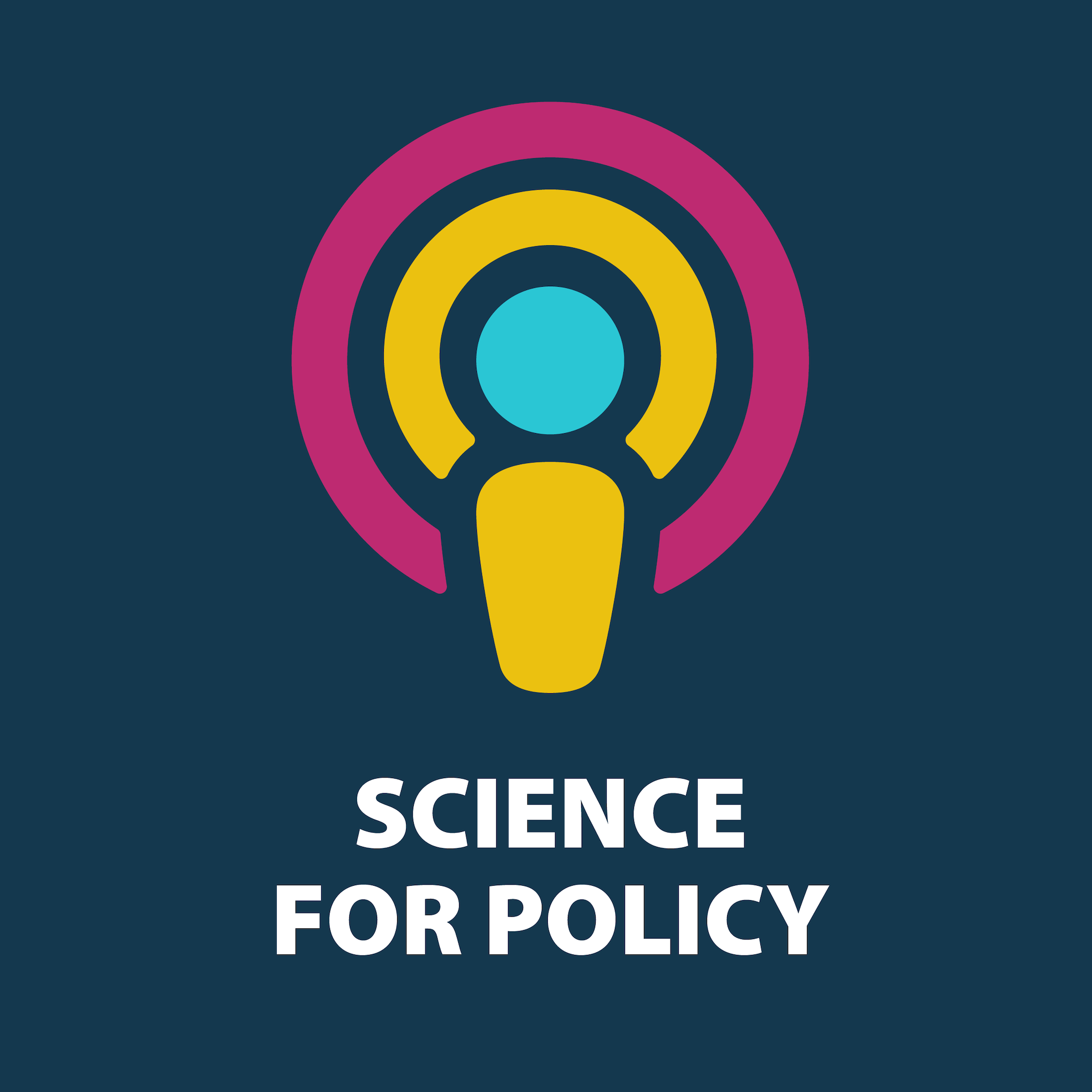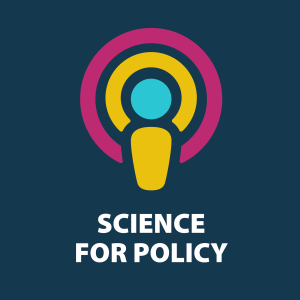
How far should we rely on science to make political decisions? What makes a good science advisor — or a good science advice system? What do we do when the evidence is incomplete or controversial? What happens when science advice goes wrong and how can we fix it? We explore these questions, and many more, in conversation with the researchers, policymakers and communicators who make science advice happen around the world. The Science for Policy podcast is produced the Scientific Advice Mechanism to the European Commission and hosted by Toby Wardman. The many and varied opinions expressed on this podcast are those of the guests themselves. They do not necessarily represent the views of SAPEA or the European Commission.
Episodes

Monday Mar 11, 2024
Daniel Ospina and Judit Ungvári on science advice for climate negotiators
Monday Mar 11, 2024
Monday Mar 11, 2024
Climate change negotiators preparing for UN summits must sift through a truly intimidating quantity of scientific material to familiarise themselves with the latest evidence. That's why Future Earth, along with the Earth League and the World Climate Research Programme, has delivered its pithy 'Ten New Insights on Climate Change' every year since 2017.
But what is the process behind these reports? How are the insights chosen, by whom, and why? And what is it about this model of science advice that also made it attractive to the European Commission when it wanted to figure out which climate and biodiversity research to fund in the future? Daniel Ospina and Judit Ungvári talk to Toby Wardman of the SAM about the ins and outs of science advice at the highest level of global decision-making.
Resources mentioned in this episode
10 new climate insights: https://10insightsclimate.science/

No comments yet. Be the first to say something!